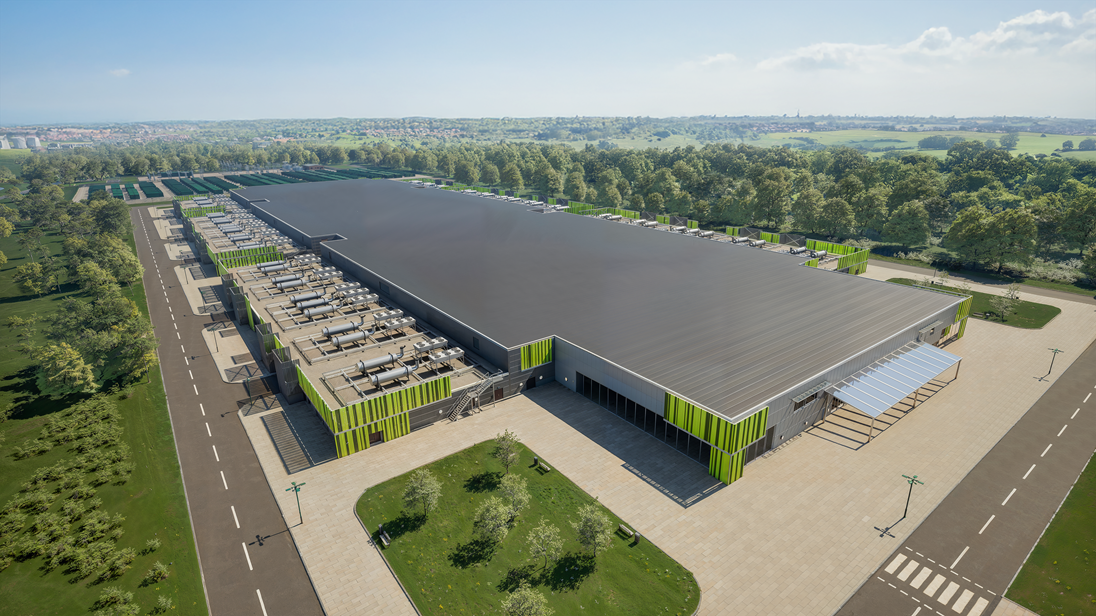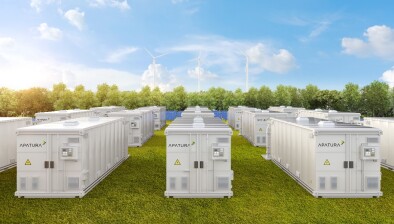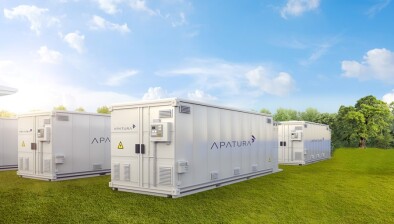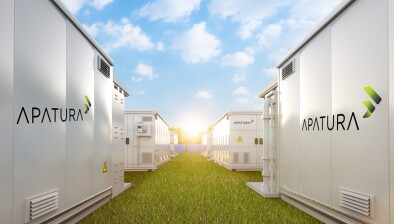Scotland’s AI data centres to get cheaper electricity under UK plans

Apatura's planned data centre at Ravenscraig
A new wave of AI data centres across central Scotland, including a flagship project at Ravenscraig, could receive electricity discounts under measures announced yesterday by the UK Government’s AI Growth Zone team within the Department for Science, Innovation and Technology.
DSIT highlighted Scotland as one of the areas where AI Growth Zones could have the greatest impact due to high levels of renewable curtailment and the availability of large-scale grid connections.
According to the announcement, Scottish projects could benefit from reductions of up to £24 per MWh from their electricity costs.
The proposal recognises the role large data centres can play in absorbing excess renewable energy and helping to stabilise the grid.
This delivers a significant boost to Scottish AI data centre proposals, which are competing toe-to-toe with countries such as Norway which benefit from low-cost power.
At present, central Scotland has a grid bottleneck which is stopping the export of green electricity to England, which has cost UK consumers £1.2 billion so far this year, and is forecast to rise to £3bn by 2030.
These costs are due to ‘constraint payments’ which are paid to renewable generators to switch off, for example on windy days, whilst gas generators in England are also paid to switch on.
However, the rapid roll-out of large-scale AI data centres in central Scotland, combined with large battery storage, could soak up vast amounts of this otherwise wasted electricity – to reduce constraint costs for consumers and kick-start economic renewal in areas blighted by historical industrial decline.
The measures are designed to help the UK compete for global AI investment, with Scotland identified as a region where clean energy, brownfield land and transmission-scale capacity can be aligned quickly with new digital infrastructure.
Earlier this year, Edinburgh and York-based developer Apatura unveiled plans for a 550MW data centre with 650MW of battery storage at the former strip steel mill site at Ravenscraig.

Giles Hanglin
The £3.9bn project, which will submit a planning application to North Lanarkshire Council later this year, would create over four thousand new long-term jobs if it got the green light – delivering an 0.4 per cent boost to Scotland’s GDP, 4,145 annual jobs during construction and would support 2,837 annually once operational.
It is one of the leading applicants in the UK AI Growth Zone competition and is one of nine projects the developer is advancing across the central belt.
“This is great news,” says Giles Hanglin, CEO at Apatura.
“Scotland has some great advantages when it comes to AI data centres – plentiful green energy, a skilled workforce, a cool climate and a lot of good land, but one of the main challenges we face – in a very competitive global market – is the cost of electricity.
“To compete in this fast-moving market, lower costs are key,” Hanglin says.
“For example, this summer Open AI announced plans to locate its 230 MW ‘Stargate’ data centre in Norway, which benefits from their country’s cheap hydropower, which is less than half of the equivalent cost in the UK.
“In Scotland, we can deliver projects at even great scale than this, but we do need a more level playing field.
“This proposal kills three birds with one stone – it will soak up green energy which cannot otherwise get south, it will reduce constraint costs which hit consumer bills, and it will help Scots schemes compete toe-to-toe with rival projects worldwide.
“Scotland has a genuine opportunity to become a leader in the global AI race. We wholeheartedly welcome this initiative by DSIT and will continue to work with local authorities and others in Scotland to make sure we can capitalise on this once in a generation opportunity,” Hanglin concludes.
The DSIT announcement also states that the proposal would not add any additional costs for other electricity bill payers.
















